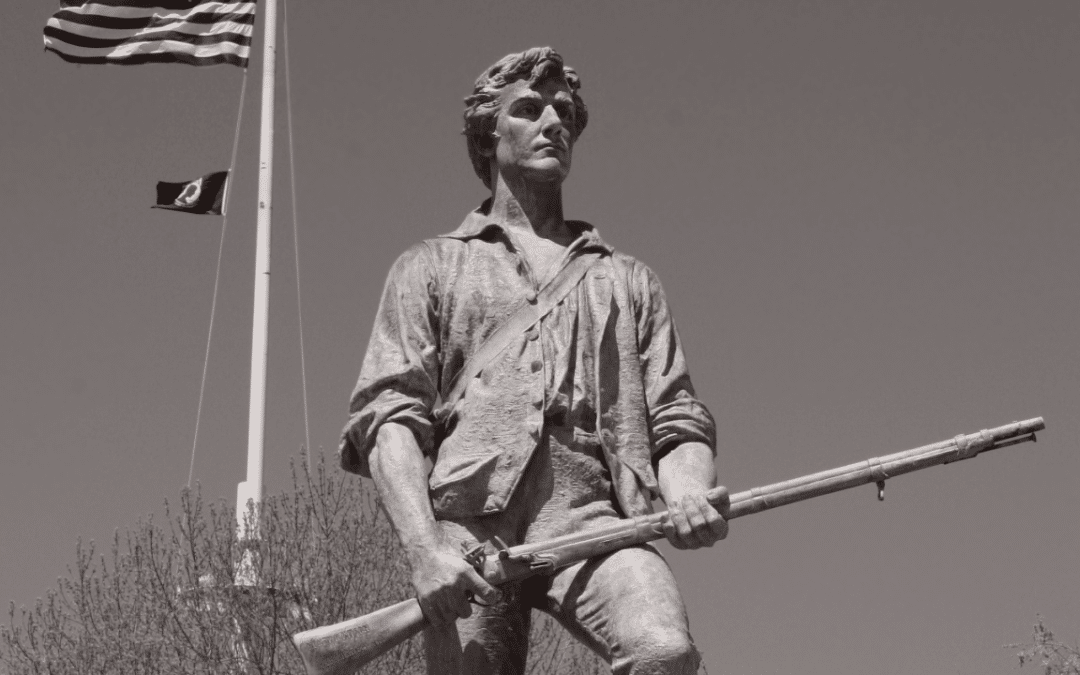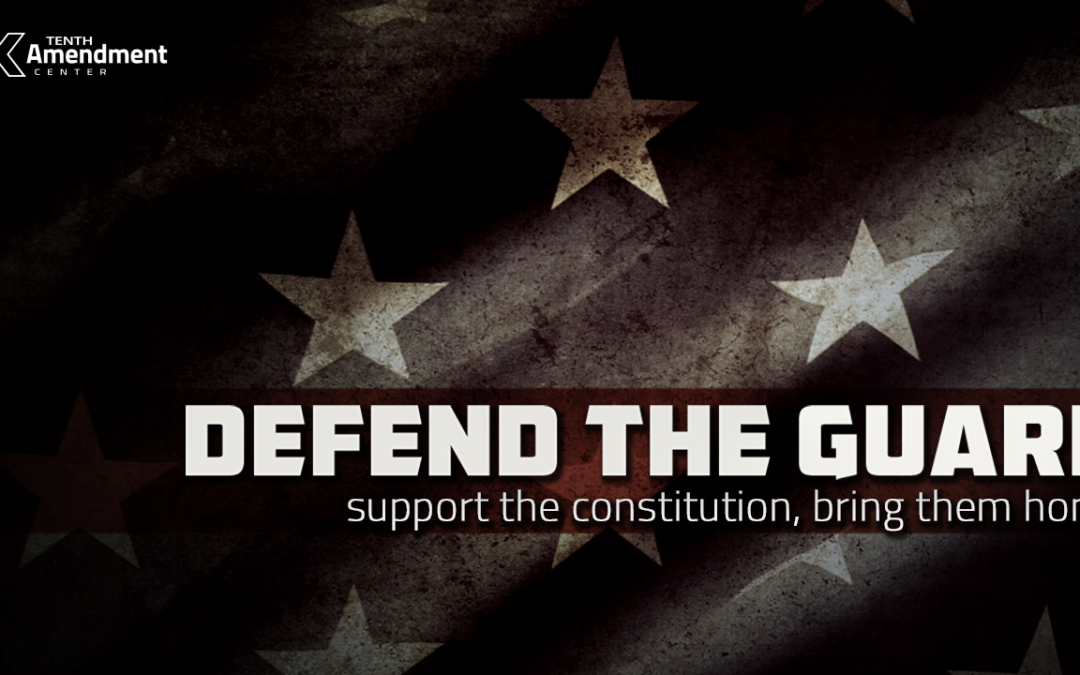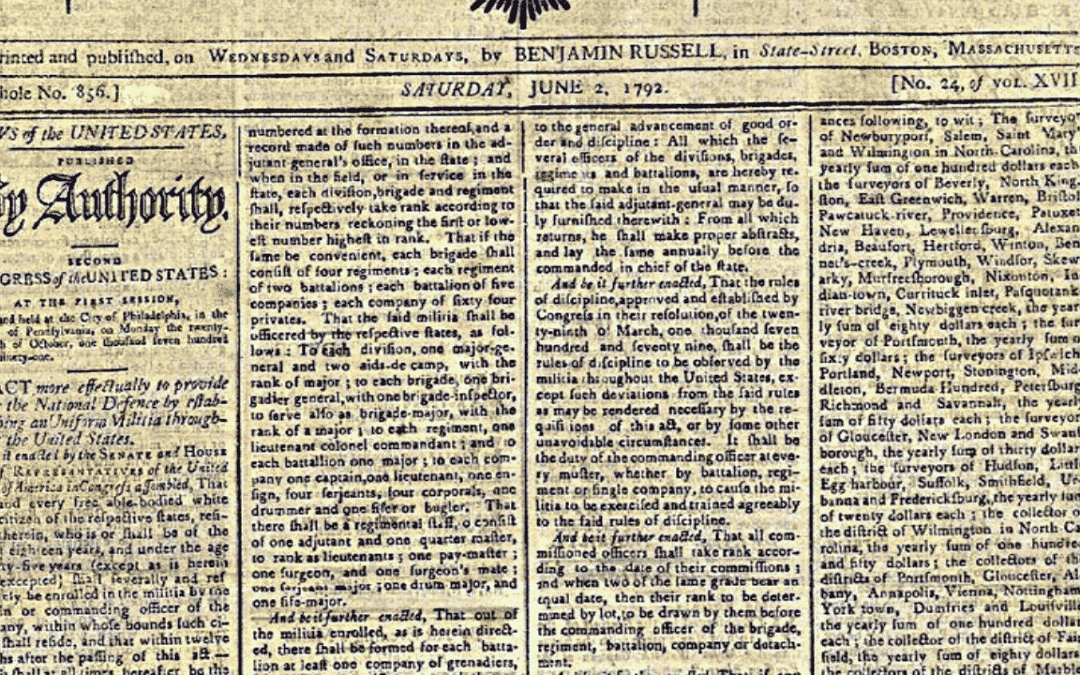
Militia


The Militia vs. The Standing Army: Does the Distinction Matter?
Within the debate over the meaning of the Second Amendment, a lot of attention gets paid to the phrase “well-regulated militia.” Most of the time, the focus is on whether or not this phrase infers a collective right, or explains the need for the individual right to...
Defend the Guard: A Powerful Check on Unconstitutional War Powers
Presidential administrations come and go but the war machine churns relentlessly on. “Defend the Guard” legislation can throw a monkey wrench in its cogs. Defend the Guard is a state-level bill that would stop the deployment of a state’s National...
What Does the Militia Act of 1792 Tell Us About the Second Amendment?
Whenever a debate comes up relating to the Second Amendment, somebody inevitably asserts that the right to keep and bear arms only applies to members of the National Guard. They come to this conclusion based on the first clause of the Second Amendment – “A...
Financial Writer Gets F as Second Amendment Expert
With the gun control debate back on the front-burner, a 2016 MarketWatch article asserting that. “The Second Amendment doesn’t give you the right to own a gun” is making the rounds across social media. The article perpetuates a fundamental...
